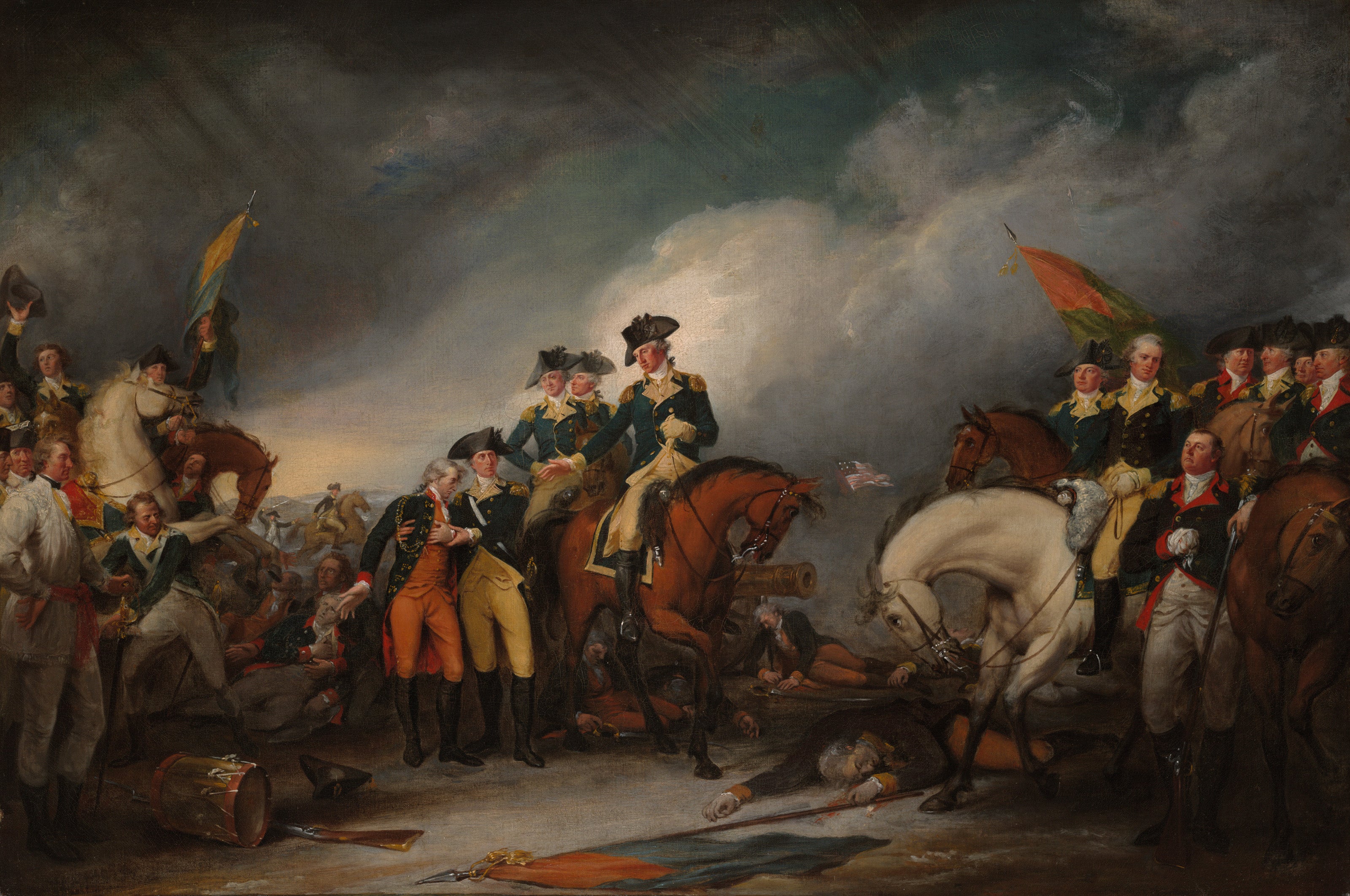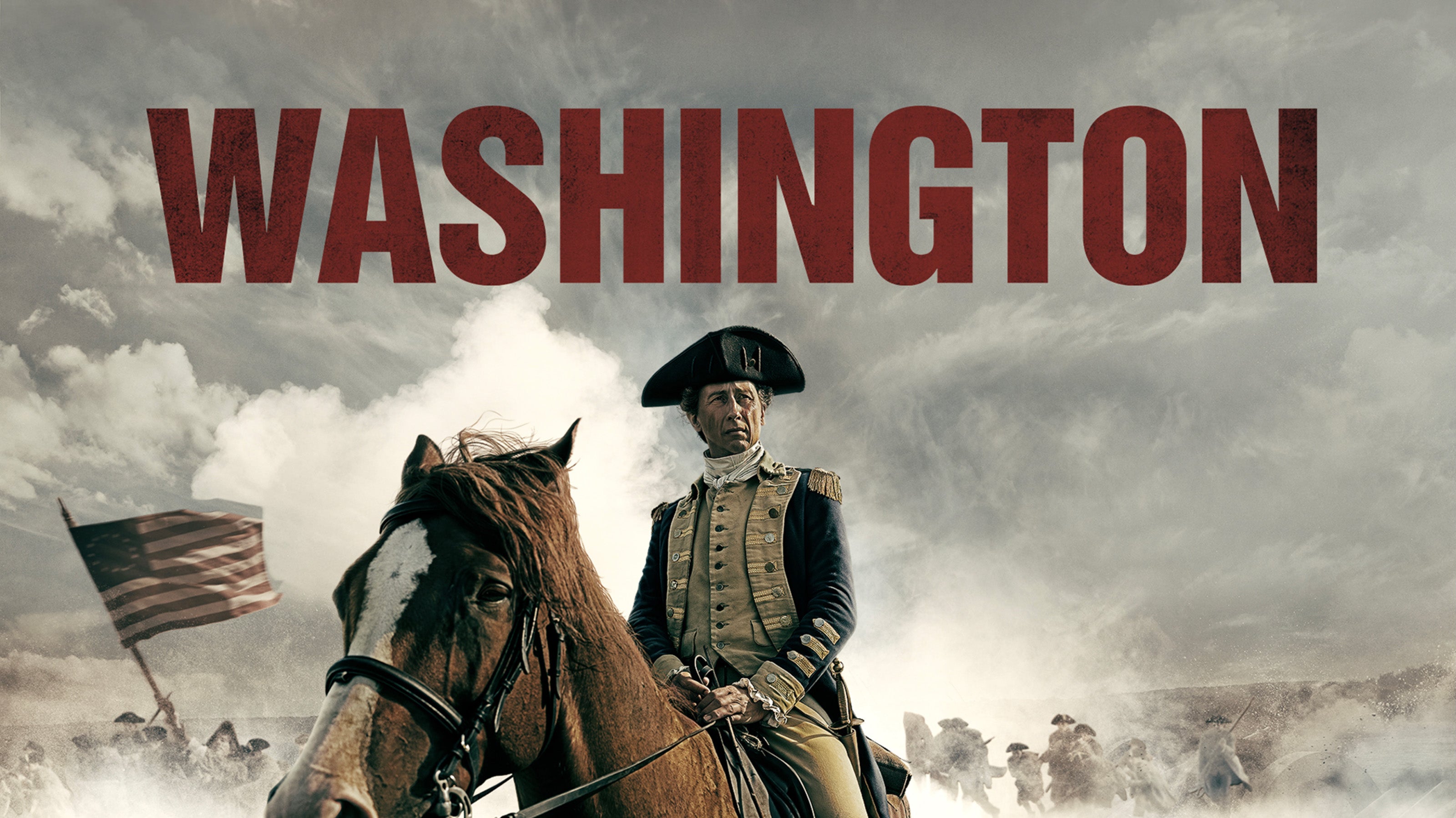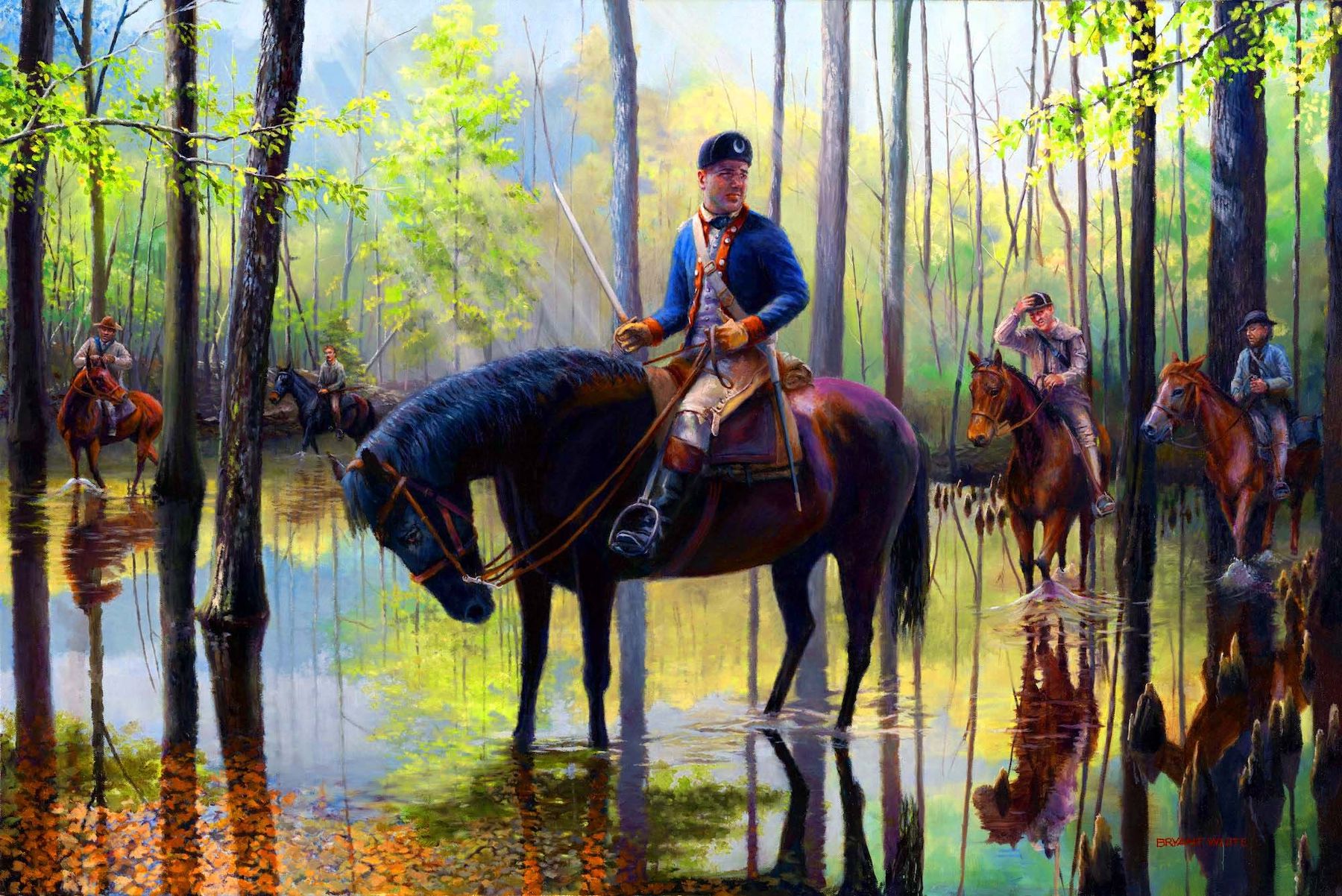
1776 (Book Notes)
1776 by David McCullough is a masterfully written historical account that focuses on the crucial year of the American Revolution, when the fate of the fledgling United States hung in the balance. The book delves deep into the military and political struggles that shaped the Revolutionary War, centering around the events of that pivotal year. McCullough provides a well-rounded view of the war from both the American and British perspectives, bringing historical figures such as George Washington, King George III, and British commanders like General William Howe to life in a compelling and accessible narrative.
McCullough begins by setting the stage in late 1775, with King George III’s determination to suppress the rebellion in the American colonies. The early optimism and fervor among American patriots clashed with the daunting reality of facing the most powerful military in the world. As the narrative unfolds, McCullough highlights the stark contrast between the scrappy Continental Army, composed largely of untrained farmers, and the disciplined, professional British Army.
At the center of 1776 is George Washington, whom McCullough portrays not as a flawless leader, but as a determined, fallible, and evolving figure who would learn from his mistakes over the course of the war. The book follows Washington through critical events such as the Siege of Boston, the disastrous Battle of Long Island, and the miraculous victory at the Battle of Trenton, showing how his leadership would prove essential to keeping the American cause alive.
The Siege of Boston in early 1776, which resulted in the British evacuation of the city, is the first significant victory covered in the book. Washington’s cautious leadership and his reliance on figures like Henry Knox, who brought captured artillery from Fort Ticonderoga, set the stage for future successes.
However, the optimism of early 1776 soon gives way to a series of demoralizing defeats for the Continental Army, particularly in New York. The Battle of Long Island, which ended in a devastating loss for the Americans, tested Washington’s resolve. McCullough vividly describes how Washington’s troops were outmatched by the well-trained British forces, and how Washington himself was forced to retreat across New Jersey. These dark months were among the lowest points for the revolution, with many doubting whether the fight for independence could continue.
The turning point comes in December 1776, when Washington, desperate to restore morale and turn the tide of the war, led his troops across the icy Delaware River to launch a surprise attack on the Hessian forces stationed at Trenton. This daring maneuver, followed by a subsequent victory at Princeton, reinvigorated the American cause and kept the fight for independence alive. McCullough’s description of these moments captures the intensity, desperation, and bravery that characterized the American Revolution.
Throughout 1776, McCullough emphasizes the human element of war. He focuses on the experiences of ordinary soldiers as much as on the decisions of great leaders. Letters, diaries, and firsthand accounts enrich the narrative, providing insight into the hardships faced by both American and British troops. McCullough also explores the internal divisions within the American colonies, where Loyalists, who remained faithful to the Crown, presented a constant threat to the Patriot cause.
The book concludes in early 1777, as the Continental Army, though battered and bruised, had survived its most perilous year. While victory was far from certain, Washington’s leadership and the resolve of the American people had made independence a possibility.
Book Notes:
- One of the primary strengths of 1776 is McCullough’s engaging writing style, which makes complex historical events accessible to a wide audience. The book is a gripping read, more akin to a novel than a traditional history text, as McCullough masterfully weaves together the military and political events with the personal stories of those involved.
- The author provides a balanced view of the war, offering insight into both the American and British perspectives. Rather than demonizing the British, he portrays them as competent and formidable opponents. Figures like General William Howe are given their due as strategic thinkers, making the eventual American victories all the more impressive. This balanced approach adds depth and nuance to the narrative.
- The humanization of George Washington is one of the book’s standout achievements. McCullough portrays Washington as a leader who is not only revered but also fallible and capable of growth. His moments of self-doubt and frustration make him a more relatable and admirable figure. McCullough’s use of personal letters and writings from Washington and others further enriches this portrayal.
- Focus on Ordinary Soldiers: McCullough doesn’t just focus on the elite figures of the Revolution; he also gives voice to the ordinary soldiers who fought on both sides. Their experiences—their struggles with hunger, cold, disease, and fear—are brought to life through McCullough’s extensive use of primary sources. This emphasis on the human cost of war adds emotional depth to the story.
- The book is meticulously researched, with McCullough drawing on a wealth of primary documents, including letters, diaries, and military reports. His attention to historical detail ensures that the narrative is not only engaging but also accurate.
SUMMARY: 1776 is an exceptional historical account that vividly brings to life one of the most critical years in American history. Through his masterful storytelling and meticulous research, McCullough successfully captures the drama, uncertainty, and heroism of the American Revolution’s early stages. By focusing on the experiences of both the leaders and the ordinary soldiers, McCullough provides a well-rounded view of the war, highlighting the challenges faced by George Washington and his army in the fight for independence. 1776 remains an essential read for anyone interested in the American Revolution. It stands as a testament to McCullough’s skill as a historian and his ability to make history both informative and captivating.
Get the Book: Digital Book (Apple Books) | Audiobook (Apple Books)



























